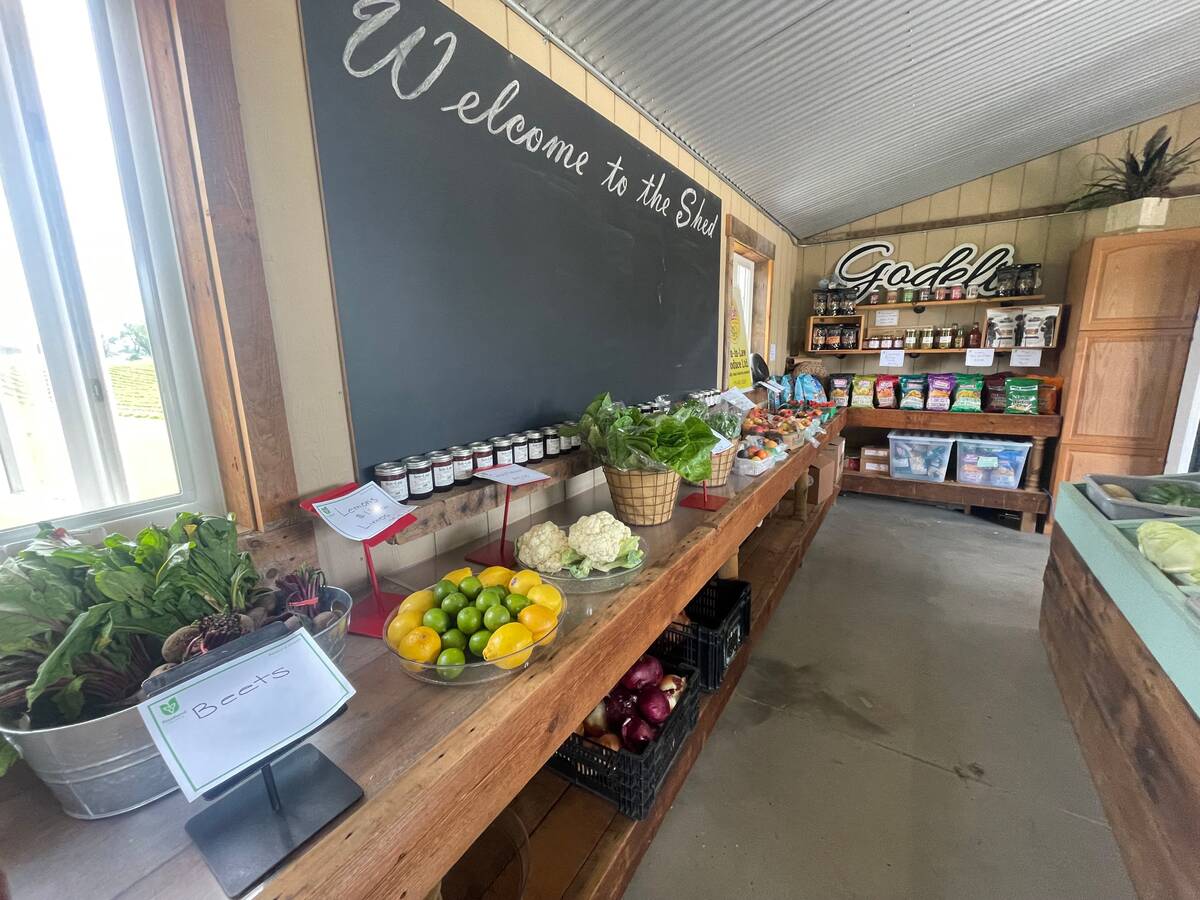Bill C-234, a private member’s bill that would exempt more farm fuels from the carbon tax, promises to meet some of the federal government commitments made when the price on carbon was originally planned.
It is superior to a government-initiated bill, C-8, now being considered in Parliament.
In the initial plans to put a price on carbon, the federal government either didn’t see agriculture’s role in greenhouse gas emission reduction as being large or it didn’t think there was much scope to reduce it.
Read Also

Ontario farms are a small business backbone but red tape delays and obstacles hinder growth
Farms are part of Ontario’s small business backbone, whether Ontario-grown livestock, grains or horticulture foods and farm products are bought on-farm, at a local market, or at the local store.
One need only look at the 2018 report of the Parliamentary Budget Office, which excluded agriculture from its calculations in assessing the net impact of a carbon tax. It was assumed then that the sector was exempt from the levy’s direct costs. Or perhaps it was simply overlooked.
Either way, agriculture was soon involved, as the provinces with the largest ag sectors took a path to Canadian courts rather than establish carbon emissions programs that could have accommodated farming.
Federal and provincial political squabbles have led to some federal one-size-fits-all carbon tax situations for producers, albeit with a few tweaks. Farmers were caught in the crossfire of a dispute the provinces ultimately lost.
Federal government officials are now offering, through Bill C-8, an interim program that appears to recognize the unfairness of the carbon tax in which farmers have no choice but to spend on energy to keep their operations alive. However, the amounts that would be provided under this bill are too little.
Grain drying, irrigation, feed processing, barn and greenhouse heating and cooling are included in Bill C-234. It would offer practical relief to producers.
The bill, introduced by Conservative MP for Huron-Bruce Ben Lobb, would exempt on-farm energy use and particularly target propane and natural gas. It specifically states the processes and fuels that would be exempt from the tax. A similar private member’s bill, C-206, died in the Senate during last fall’s federal election.
Bill C-234 would create policy that appears more in line with the original 2018 intent of the federal emissions reduction program.
The most recent tweak to Bill C-8 is a tax credit within a two-year program that will pay out $1,500 for every $1 million in eligible production for 2021 and $1,750 for 2022. The inadequate amounts merely show the federal government is seeking a way out after its earlier and wrong-footed carbon tax charges on agricultural production.
While grain drying is an inconsistent cost of production in Canada, other energy intensive processes are not and significant mitigation of greenhouse gas emissions is either expensive or impossible. Taxation on those processes is tantamount to a penalty for producing food and agricultural commodities.
Programs that provide incentives to adopt reduced emissions technologies are helpful but they don’t reflect true costs. And in many cases, greener alternatives for fuels and activities within farm operations simply don’t exist.
Had the provinces developed practical programs at their first or second opportunities, they might have offered producers the needed exemptions. Now that will be tricky to accomplish.
Bill C-234 likely won’t reach the floor of the Commons for a vote before autumn 2023, if it gets there at all. But the government should look to this bill for guidance and craft one that reflects the practical and financial realities of agriculture in Canada.
It should remove the politics, along with the carbon tax on farm fuel.
– This article was originally published at The Western Producer.











